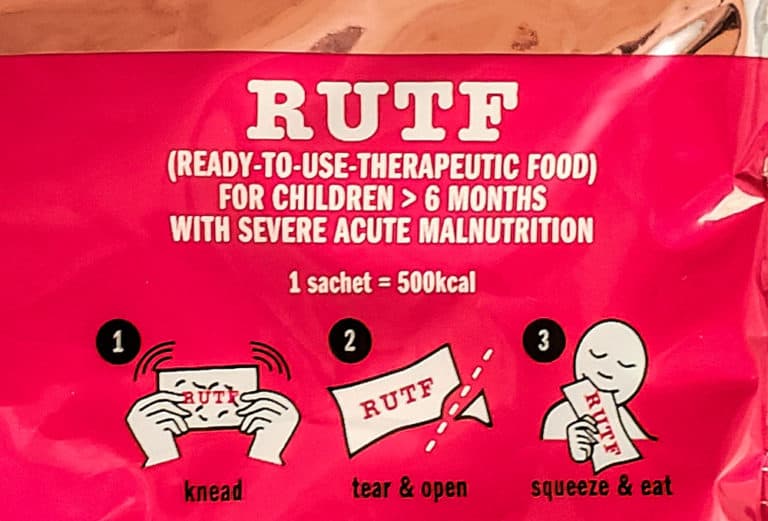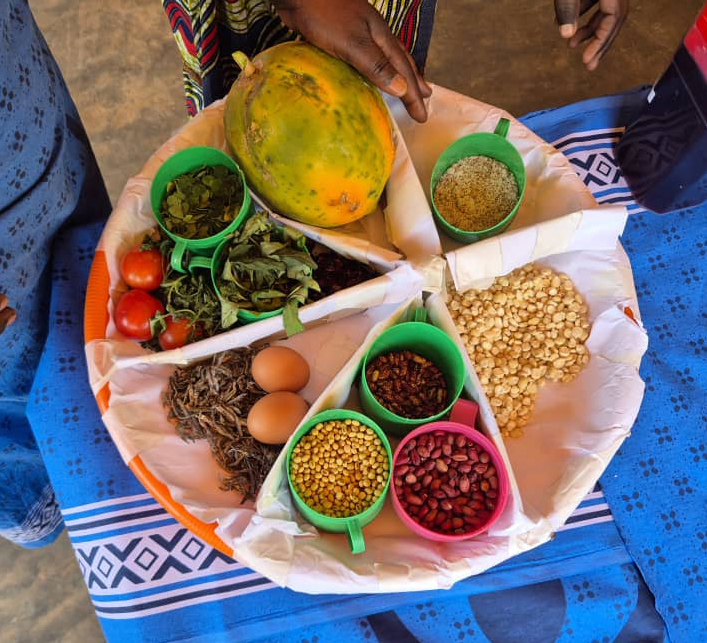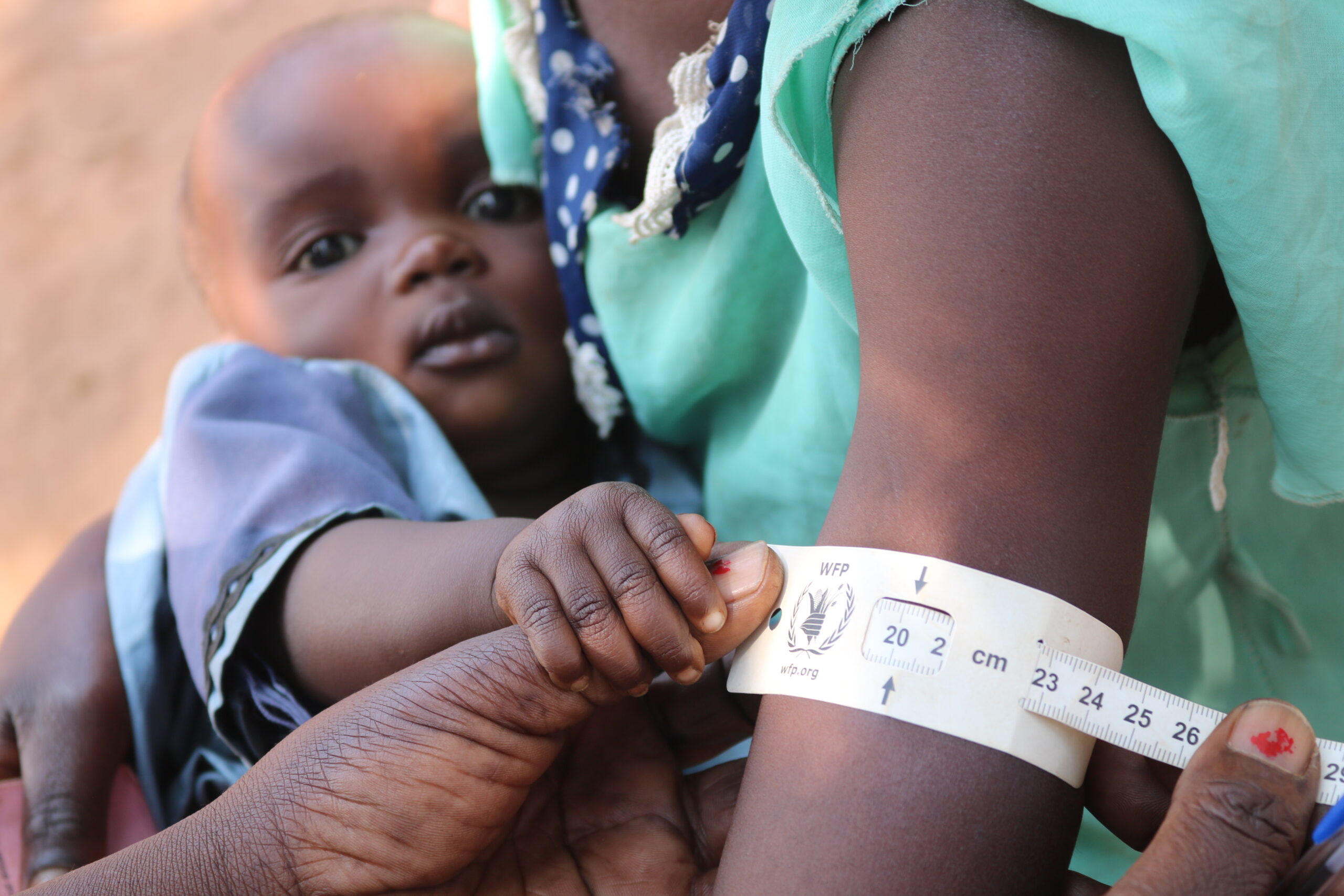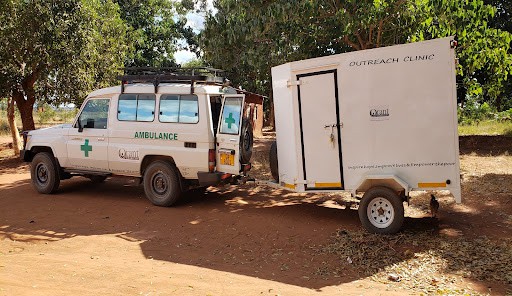Undernutrition Solution: RUTF in Malawi


An impoverished child in Malawi looks ten years old when in fact he is sixteen. His three year old sister is underweight with a low immune system. They don’t have enough to eat at home. Due to limited access, their diets lack vegetables, fruits, and meats. Therefore, they are not getting the needed diversity of vitamins and minerals. This puts them both at risk of infectious diseases.
45% of global deaths among children under 5 years old are linked to undernutrition, according to the World Health Organization. These deaths occur mostly in middle and low-income countries, like Malawi.
The words used to describe undernutrition are nearly as startling as the reality:
- Stunting: when someone is a low height for their age
- Wasting: when someone is a low weight for their height
- Underweight: when someone is a low weight for their age
Some consequences of undernutrition in Malawi are:
- Poor physical and mental health
- Increased healthcare costs for families
- Low energy
- Reduced productivity
- Slowed economic growth
In the simplest terms: children are starving. What are we doing about it?
Orant’s Mobile Outreach Clinic provides treatment services to malnourished children, teens, and adults. The treatment is deceivingly simple but wildly effective. The prescription? Peanut butter.
Technically, the prescription is called RUTF, meaning Ready to Use Therapeutic Food. RUTF is a combination of powdered milk, peanut butter, and micronutrients. Orant buys its supply from Project Peanut Butter. Project Peanut Butter sources raw materials and labor locally, which supports the Malawian economy.
RUTF saves people’s lives. The treatment is combined with routine medical check-ups. Every 2 weeks, Orant’s clinicians re-screen the patient. They measure the patient’s height, weight, and mid-arm circumference. They conduct appetite tests and assess any complications. Then, clinicians either discharge the patient or ask them to continue the program. In addition, Orant offers counseling to parents and guardians to learn the cause of undernutrition and to plan an exit strategy.
Undernutrition in Malawi is a serious problem. We started running RUTF programs in 2017. Our biggest challenge is the expense of the program. While we run the program as often as we can, we still wish we could run it more. This past week, we adjusted our budget to launch 2021’s first RUTF program. We are excited to support our next cohort of patients within the next few weeks.




